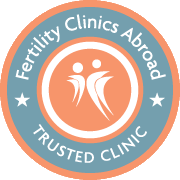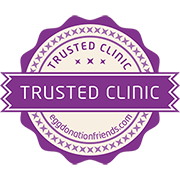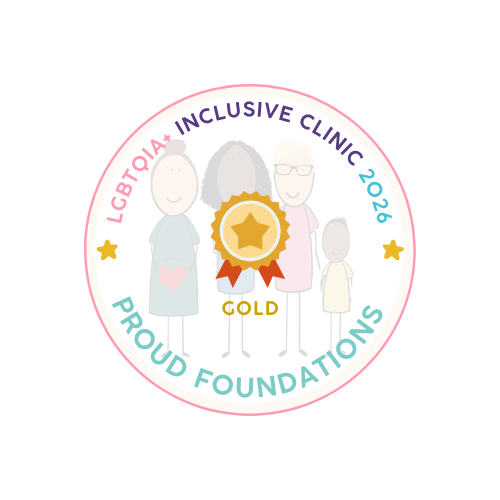Diminished Ovarian Reserve – Is There A Solution?
by Chrysa Karakosta, last updated 10 Jun 2015,
3 min read
One of the most frequent findings in women with infertility problems is a diminished ovarian reserve, hence a low response to treatment and therefore a small number of egg production when stimulation medications are used.
In the majority of cases, this has to do with the increased reproductive age of a woman which additionally affects not only the number of eggs produced but also their quality. However, there are many cases of young women that face the same problem. This diagnosis is made when the ovarian reserve is investigated either by an ultrasound evaluation of the antral follicles or by blood tests for specific hormones such as AMH.
In the majority of cases, the problem may be resolved through the increase in the dosage of the medications used for stimulation during the IVF process or by following specific treatment protocols for this category of women. In recent years, many studies are being carried out to detect medications or supplements that would overturn or improve this condition.
Growth hormone that is physiologically produced in the brain and is responsible for the growth of children has been shown to improve both the number and quality (mostly) of the oocytes obtained. Unfortunately this is a very expensive drug, which can only be prescribed and administered within a hospital setting and is used mainly in children with impaired growth. The general distribution and use of this drug worldwide has many limitations, as it is often used illegally by athletes for doping. For all of these reasons, the use of growth hormone to improve the ovarian response of a woman is restricted mainly to research protocols.
Women with PCOS who are often characterized by elevated levels of androgens, have the characteristic that they produce increased numbers of eggs. The administration of androgens, such as DHEA, has gained increased research interest in recent years. Although the data appear to be promising after their use for 2-4 months, there are still many doubts about whether they really help to improve ovarian response. Given the safety of their administration regarding side effects and also given their low cost, DHEA administration appears to be gaining ground in women with poor ovarian reserve.
The CoQ10 is an antioxidant found naturally in cells. Studies have shown that normal CoQ10 levels are associated with good quality of oocytes and possibly improved quality of embryos. While there is not significant research data yet, it seems that this is a safe supplement and its use is expected to increase in coming years in cases of women with low ovarian dynamics.
There are many supplements that could theoretically help to produce more and better quality eggs in women with a low ovarian reserve. The use of these supplements in combination with the selection of the appropriate therapeutic protocol can often lead to the solution of this problem. If you are facing this problem please contact us here at Newlife IVF so we can review your situation and offer the solution can help you achieve a positive outcome.

Chrysa Karakosta, BSc, MSc
Chrysa is the International Department Director at Newlife IVF Greece, in Thessaloniki Greece.











